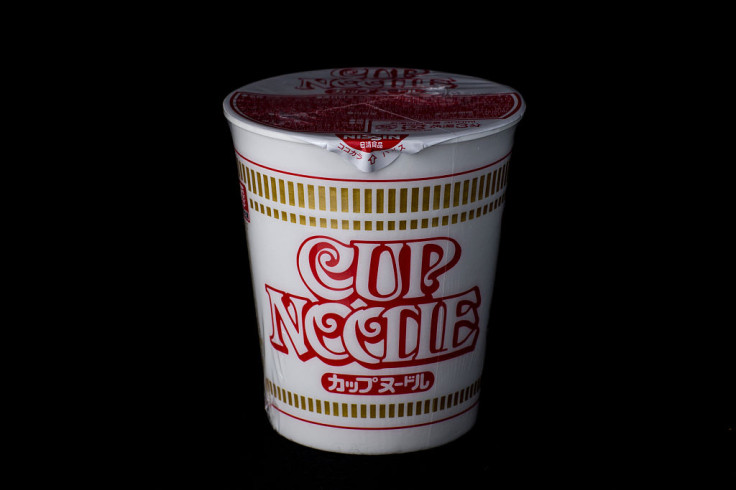Ramen noodles are the most valuable currency in US prisons
As quality and quantity of prison food declines noodles become favoured trading item.

Ramen noodles have overtaken tobacco to become the most valuable commodity in US prisons, a study has found.
A decline in the quality of food provided to US inmates due to cost cutting meant that the value of the noodles had increased, according to the study by Michael Gibson-Light, a doctoral candidate at the University of Arizona.
Gibson-Light interviewed close to 60 inmates in a state prison for the study, but did not name the institution to protect the confidentiality of inmates.
Inmates told him that the amount of food and quality provided had decreased steadily over the decades, boosting the value of noodles behind bars.
"Prisoners are so unhappy with the quality and quantity of prison food that they receive that they have begun relying on ramen noodles – a cheap, durable food product – as a form of money in the underground economy," he said.
"The form of money is not something that changes often or easily, even in the prison underground economy; it takes a major issue or shock to initiate such a change," he added.
The noodles are used to pay for clothing, hygiene products and other goods, as gambling chips, or in exchange for services such as cleaning cells or laundry, Gibson-Light said.
According to the study, the value of food in prisons began to increase after the US government switched its food preparation contractors in the early 2000s. "That change was part of a cost-cutting measure," Gibson-Light said. "With that change that resulted in a reduction in the quantity of the food the inmates were receiving." The report describes the trend as one of "punitive frugality."
He found that even in prisons in which tobacco bans were not in place, ramen were increasing in value, and were even replacing other favoured bartering products such as stamps or envelopes.
US states spent about $48.5bn (£37bn) on prisoners in 2010, 5.6% less than in 2009, according to figures from the US Bureau of Prisons.
© Copyright IBTimes 2025. All rights reserved.




















